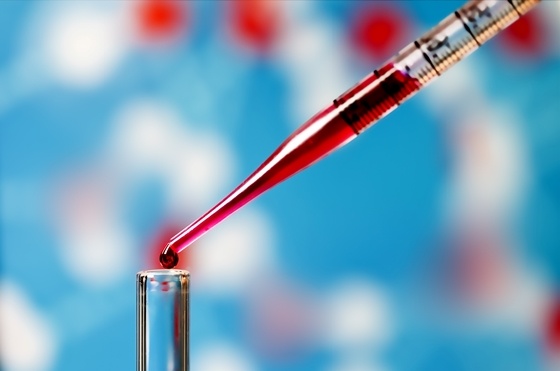
Researchers have used advanced stem cell techniques to learn more about autism spectrum disorder, a common brain disorder. They have identified some of the reasons why many people with autism have brains that grow faster early in life. This discovery may help scientists diagnose and treat autism spectrum disorder in the future.
Scientists at the Salk Institute used cutting edge stem cell techniques to make the discoveries, which they hope will help them understand the real cause of autism spectrum disorders. The findings were recently published in the journal Molecular Psychiatry.
Approximately 30% of people with autism spectrum disorders suffer from excessive brain growth when they are young. To understand why this happens, scientists took skin cells from autism patients and turned them into induced pluripotent stem cells (iPSCs). iPSCs are capable of turning into many other types of cells within the human body.
The scientists then prompted the iPSCs to turn into neurons (nerve cells found in the brain). They monitored the growth and development of the neurons in vitro. The noticed that the neurons made fewer connections compared to healthy brain cells. They suspect that the brain reacts to having fewer connections between cells by growing faster.
Researchers managed to prompt the neurons into forming more connections by adding IGF-1, a drug being tested for autism treatment. These innovative stem cell techniques allow scientists to watch the brain develop in a petri dish — helping them identify any problems associated with autism. It also allows them to test medications on cells in without the use of real human subjects.
Lead researcher Dr. Rusty Gage explains the benefits of the approach, saying: “This technology allows us to generate views of neuron development that have historically been intractable.” He continues, “We’re excited by the possibility of using stem cell methods to unravel the biology of autism and to possibly screen for new drug treatments for this debilitating disorder.”
Autism has become one of the most common brain disorders in the developed world. It is estimated that there are more than 700,000 people living with autism spectrum disorder in the United Kingdom. Symptoms include problems interacting with other people and repetitive behaviours. The cause of the disease is not yet known.
Source: Scientists use stem cell techniques to unravel biology of autism
{{cta(‘010124f3-c9bc-4a23-b9fc-74953e6288c9’)}}


